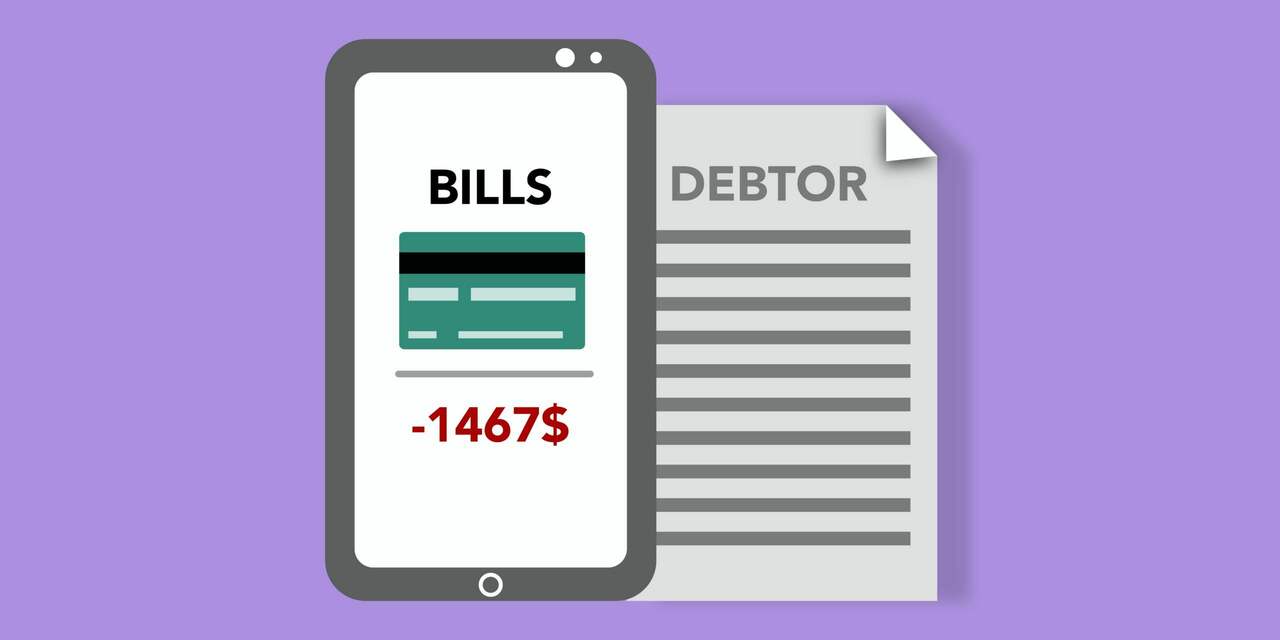- Be unable to pay their debts when they become due;
- Have not been bankrupt, had a debt agreement or a personal insolvency agreement in the last 10 years;
- Have unsecured debts and assets under a certain amount; and
- Have an estimated after-tax income under a certain amount.
Alternatives to Bankruptcy
14 April 2021 in Articles

You may be having difficulty managing your financial affairs and have debts that you cannot pay. You may even be considering declaring yourself bankrupt. Before you do, you should consider some alternatives to bankruptcy.
Informal agreement
An informal agreement is an arrangement made between a debtor and their creditors to settle their debts. Informal agreements are typically the first option considered by a debtor because they are less expensive to administer than formal debt agreements and allow a debtor to retain control of their financial affairs.
Informal agreements are most likely to proceed when there are a small number of creditors and the agreement is proposed as soon as the debtor is unable to meet their financial commitments.
Declaration of Intention to Present a Debtor’s Petition
In certain circumstances, a person may present a Declaration of Intention to Present a Debtor’s Petition (Declaration) to the Official Receiver (the Australian Financial Security Authority). Filing a Declaration is a way of announcing that the person is considering declaring themselves bankrupt.
If a person makes a Declaration, they do not have to pay their debts (and any enforcement proceedings by creditors to recover judgment debts are stayed) for a period of 21 days.
If a debtor is able to reach an agreement with their creditors within the 21 day period, the debtor does not need to proceed with filing for bankruptcy.
Debt agreement
A debt agreement (also known as a Part 9 debt agreement after Part IX of the Bankruptcy Act 1966) is an agreement between a debtor and their creditor to release the debtor from their debts. Debt agreements are creatures of statute and there are rules that govern when and how they can be made.
To be eligible to lodge a debt agreement proposal to the Official Receiver, a debtor must:
